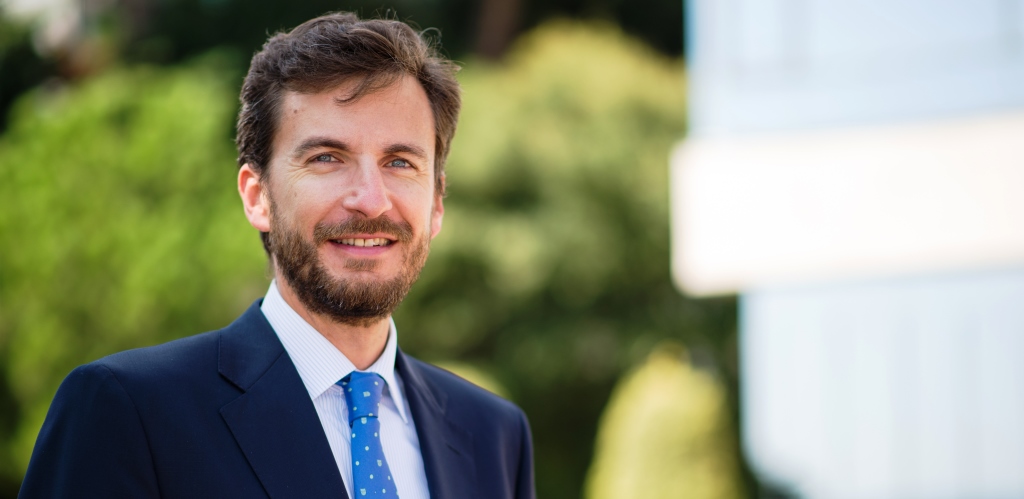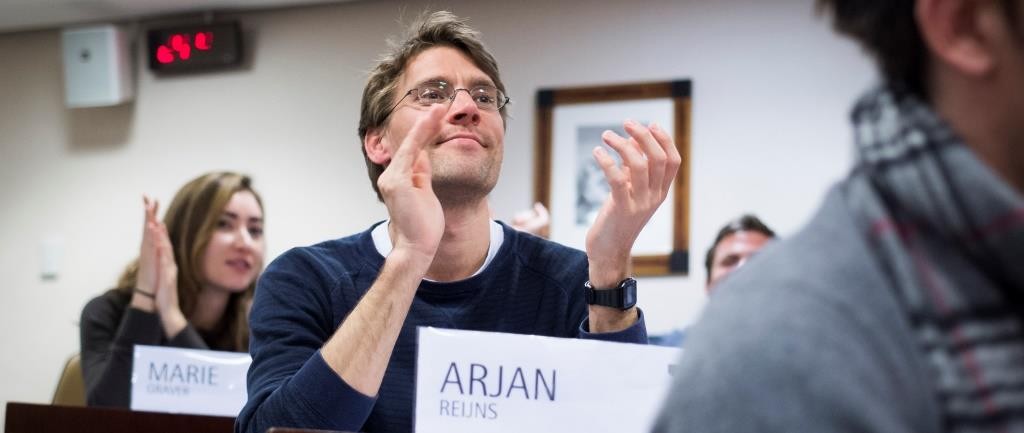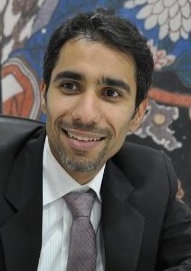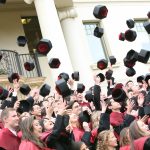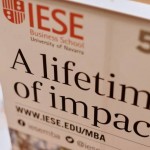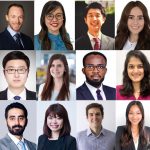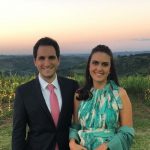Marc Badia is an assistant professor in IESE Business School’s Department of Accounting and Control and first-year academic director. He holds an MBA from IESE and a PhD in financial accounting with distinction from Columbia University.
Question: How did you decide to become an accounting professor?
Answer: I was always a numbers person and really liked everything that had to do with accounting and finance. My college professors were really good and I found their classes very engaging. I was fascinated by the information that you, as an investor or a manager, could extract from financial statements.
When I was in college, someone talked to me about IESE’s research assistant program. I applied for a part-time research assistant position and was assigned to Professors Fernando Peñalva and Toni Dávila, who were both in the accounting department.
Later I did my MBA. After my summer internship, I received an offer to work for an investment bank in London, and some weeks later an opportunity from IESE to stay in academia. I thought about where I saw myself in the long run and chose IESE. I later went to do my PhD for five years and the rest is history. By the way, every year IESE scouts for people who might be interested in academia, so let me know if you experience that strange attraction…
Q: In your opinion, what are the main challenges that MBAs will face in the next three years?
A: I would say that there are challenges that will always be there. One of them is that you have to figure out what kind of person you want to be three years down the road. Obviously, we all want to be perceived as excellent professionals. But besides that, what are the character traits that you think should define you as a person? If, for example, you want to be a humble and magnanimous person, you’d better start working on those traits right now. The challenge here is how you start building these habits to walk the path that will lead you there. Say you want to be more generous: Why not getting involved in the Social Action Club? Or help students in other ways? At the end of the day, we are what we do. Our actions count and form habits that end up forging a character, who we are.
Second, in three years you’ll hopefully be in positions of leadership at different levels and have responsibilities over other people. Motivating these people and helping them grow and flourish is a huge challenge. It’s something that cannot be improvised and is extremely difficult because, by default, we all tend to be self-centered. Humility is another basic attitude to improve oneself by realizing that you can learn from everyone.
Finally, there are many things that are changing in terms of technology that one should be familiar with. Since I’m fascinated by information, I would highlight Big Data. You’re collecting more data than ever before. Obviously, you have programmers and statisticians who work on the tools to process and analyze this data. But at the end of the day, you need people who can make sense out of this data from a general management or business perspective. MBAs should be able to do that.
Q: What is your dream retirement location?
A: I will tell you the place where I would love to retire, but I’m not totally sure that I will end up there. If I’m in good shape when I retire, I would love to live in Chamonix because I like rock climbing and the Alps. If I’m in bad shape, then I’d rather be in the Canary Islands.
Q: You’ll have Professor de Santiago as company in Chamonix. He would like to retire there as well.
A: Really? You know that for a fact?
Q: Yes, I interviewed him a week ago.
A: Actually, we go rock climbing together sometimes. He introduced me to rock climbing. You know, as an accounting professor you need some excitement outside of class. Don’t get me wrong, teaching accounting is also a risky and exciting business, but the adrenaline rush is not the same.
Q: Favorite food?
A: I like tapas in general, accompanied by fine wine and good friends.
Q: How about San Sebastian’s pintxos?
A: I have never been to San Sebastian, believe it or not. This is one of the things that I have on my “to do” list.
Q: If you weren’t teaching, what would you be doing instead?
A: I would probably have ended up in asset management or something like that.
Q: What other hobbies do you have other than rock climbing?
A: I like outdoor sports in general: skiing, rock climbing, trekking…I also used to play a lot of basketball. I play every year in the Spring Games. I was injured in a recent tournament and vowed that this was the last time… but the next year, someone always manages to convince me to play again.
Q: Did you win in the last Spring Games?
A: No, we lost in the final. I was with the IESE Alumni team and we lost to the IESE team. I couldn’t do anything with Marko Mijatovic guarding and using his water polo tricks.
Regarding hobbies, I also play the guitar. I particularly enjoy playing blues, but have a very bad voice.
Q: Is there anything available on YouTube for us to see?
I have never played in a public venue. Maybe we could do something small… no, I’d get too nervous. I don’t mind teaching a class, but playing the guitar in public is another matter.
Q: What is your favorite book?
A: I love Russian novels. I find them very psychological and insightful. You can learn a lot about human nature from them. They are very well written and engaging as well. In particular, I really enjoyed Crime and Punishment and Brothers Karamazov by Dostoyevsky.
I also like to read about history, especially biographies. While I was in the U.S., I read a lot of biographies about the Founding Fathers. I find it really amazing how you can start a country from scratch and become a world leader in many aspects in less than 300 years.
Q: Who is your favorite Founding Father?
A: The book that I enjoyed the most was John Adams, by David McCullough. Look: let’s say that you want to start a new country. What kind of people profiles do you want? What kind of CVs are you looking for? None of them had any prior experience founding a country, so these guys were learning everything as they were going along. Obviously, many of them had privileged minds, but they had to learn everything. They were all very well read in history and politics, for instance. As an example, John Adams had a library of 3,500 books with personal notations in most of them. They were reading and sending letters continuously. Thanks to these letters, we now know their personalities and what they thought of each other. David McCullough masterfully combines these resources to give us insights about John Adams and his contemporaries.
Q: Can you tell us about a funny situation you had in class?
A: In accounting class? I do have fun in class, but one of the things I really enjoy is when people imitate professors outside the classroom. I have had different students imitating professors, including myself. The ability that some of them have imitating professors is just amazing and comical. I just wish they were as good at learning the content that the professor teaches!
Q: For me, I still remember the time you lost your voice and the whole class was miming and students were asking and answering each other.
A: That’s true, although it was not funny for me. That had never happened to me before. It was challenging, but definitely not funny. It is possibly the second scariest nightmare for a professor. The first is showing up for a class without having prepared anything.
Q: How do you manage an accounting class that includes students with CPAs and CFAs, as well as students who are seeing financial statements for the first time?
A: That’s a major challenge in my class. You have a great diversity of backgrounds among the students and establishing a common playing field is tough. I always try to have everyone on board, and from time to time tell a story that is more engaging for the more experienced students.
Q: Any closing comments?
A: I had a great time teaching the MBAs this year and you can always come and visit me. I am always available to talk with students over a beer about things other than accounting.
I would like to thank Professor Marc Badia for his time and all his efforts as the first-year academic director.
A special thank you to everyone who sent me words of encouragement, either by email or in person. Your support means a lot!
Until the next issue…


